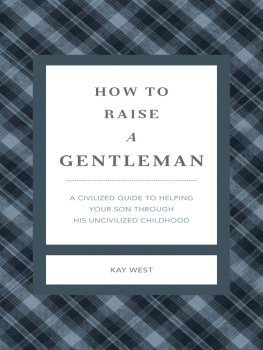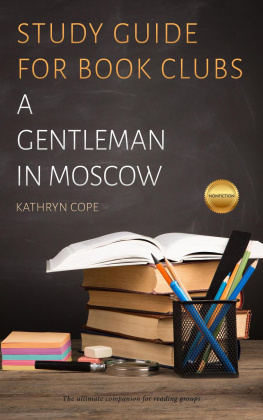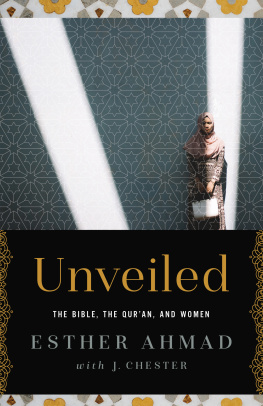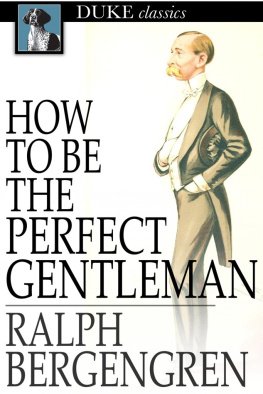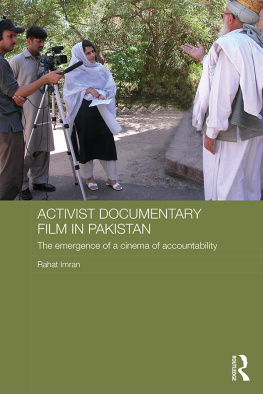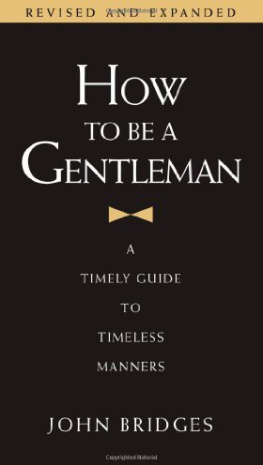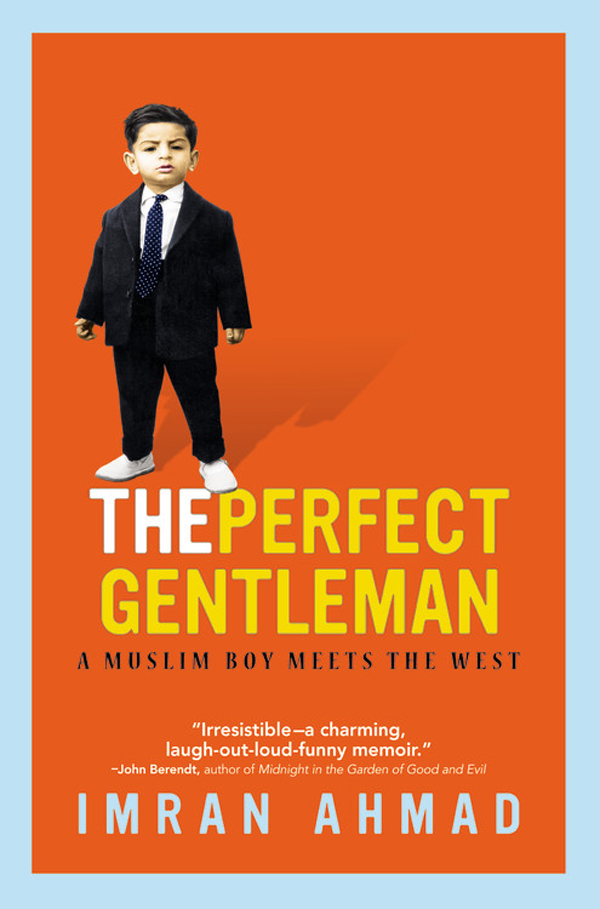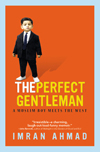
Copyright 2012 by Imran Ahmad
Late In The Evening 1980 Paul Simon
I Am A Rock 1965 Paul Simon
Duncan 1971 Paul Simon
Used by permission of the publisher: Paul Simon Music
All rights reserved. In accordance with the U.S. Copyright Act of 1976, the scanning, uploading, and electronic sharing of any part of this book without the permission of the publisher is unlawful piracy and theft of the authors intellectual property. If you would like to use material from the book (other than for review purposes), prior written permission must be obtained by contacting the publisher at permissions@hbgusa.com. Thank you for your support of the authors rights.
Center Street
Hachette Book Group
237 Park Avenue, New York, NY 10017
www.hachettebookgroup.com
www.twitter.com/centerstreet
First e-book edition: April 2012
Center Street is a division of Hachette Book Group, Inc.
The Center Street name and logo are trademarks of Hachette Book Group, Inc.
The publisher is not responsible for websites (or their content) that are not owned by the publisher.
The Hachette Speakers Bureau provides a wide range of authors for speaking events. To find out more, go to www.hachettespeakersbureau.com or call (866) 376-6591.
ISBN 978-1-4555-1045-0
For my father, who was always love and forgiveness.
Ill see you again, Dad, but there is absolutely no hurry.
This entire account is completely true. Some names (and other personal details) have been changed or lightly disguised, but most have not.
Acknowledgments is the most difficult part to write, for fear that I may inadvertently exclude someone. I am grateful to everyone mentioned in this book, whether family, friend, colleague, teacher, or perceived enemy. Without you there would be no story.
To those dear friends who reviewed my early versions and gave me their feedback and insight, my thanks and appreciation.
I am grateful to certain people in the industry who saw something of merit in my amateurish original manuscript and helped me on the path to publication: most notably Scott Pack.
Many thanks to the team at Hachette in New York: David Young, for telling others that I was worth looking into; Rolf Zettersten, for inspiring me to go to the gym more often; Kate Hartson, for having the patience to stick with me, even though I must have irritated the hell out of her.
My joyful gratitude to my wonderful UK commissioning editor, Karen Ings, for supporting this narrative just as it was, and not demanding more sex and violence.
O VER THE PAST FIVE YEARS , in the role of reviewer of nonfiction for the Sydney Morning Herald, I have read more than one thousand books. Inevitably, people query anyones ability to read, absorb, and evaluate so many books. Yet there are a couple of simple truths about such a frightening workload.
How do I read that many books? In two words: speed-reading. But, more importantly, how does anyone confronted with such a daunting task know that their judgment is sound and their enthusiasms are correct?
A second simple truth: Nonfiction falls into easily identifiable categories:
- Category A: books that would make a good magazine article and that some bright-eyed publisher has persuaded an author to flesh out to 80,000100,000 words.
- Category B: books where the ideabe it a biography of a celebrity or an account of a widely publicized crimeis what the publisher wants, and, anyway, theres always a subeditor waiting to turn tortured and tortuous prose into something approaching plain English.
- Category C: books where the writing is so beautiful, lucid, imaginative, and worthwhile that they rise above the pile trailing clouds of glory and making the reviewers heart sing. This last category, I can assure you, is very small.
After a while the overworked reviewer gets a nose for Category C. The gems sit in the mountains of dross (dont get me started on the argument about too many books being published) in the literary editors office shyly saying, Open me and you will be amazed.
And so it was that, among another pile of books for review, I saw a photograph of a dapper child in a suit and said to myself: I wonder what that is about.
Contrary to accepted wisdom, when youve read a thousand books you can identify a goodie after a couple of paragraphs. And the wonder of a goodie book is that it turns a speed reader with a deadline into a reading for enjoyment lover of literature, and, instantly, you are savoring every word, laughing at the happy moments, letting the life of another person wash over you and saturate your being, marveling at the love of language, and being swept along by the sheer power and beauty of a writer determined to tell his or her story.
I still remember my experience with The Perfect Gentleman. It filled an entire day. I could not put the book down. I laughed at Imrans memories of his childhood. I marveled at his ability to look at his stumbles with such fearless honesty and I shared his gentle, wry irritation at the unfairness of the world.
The greatness of this book is easy to understand. Read it and you will come to know Imran Ahmad as though you have spent a lifetime growing up with him. You will warm to his wonderfully self-deprecating sense of humor, and, almost incidentally, you will learn a lot about yourself and a vast amount about the complex multicultural confusion of growing up as an immigrant Pakistani Muslim in England. This is a wise and witty book about the new cultural reality of globalization.
Bruce Elder
194761
M Y MOTHERS FAMILY and my fathers family were from the same village in India, but, in the chaos and insanity of Partition, they headed in different directions. I could describe those events and years of separation in heartrending, excruciating, six-hundred-page detail, but this is not that kind of book. (This story will proceed mercifully briskly and you will not be tortured along the way.) Suffice it to say that, eventually, both families ended up in Karachi, the capital of West Pakistan.
My father and mother were students together at Karachi University. My father took a liking to my mother and became fixated on the idea of marrying her. Of course, any form of romance was out of the question, so he took to visiting my mothers house, as a family friend, virtually every day for about five years. He could never seem to be there for the explicit purpose of seeing my mother, so he would busy himself with my mothers younger brother, who was a teenager. My father had a scooter and he would take my future uncle on rides around Karachi, perhaps to visit the beach; or to eat hot, fresh samosas; or to buy mangoes when they were in season. He had numerous traffic accidents in the process. Eventually, he was allowed to marry my mother and he moved into the house of my mothers family. My father was a civil servant and my mother was an elementary school teacher.
I didnt find out about any of this until my uncle told me, when he came to London from Texas, for my fathers funeral.
196263
Age: 0
I WAS BORN DURING a particularly heavy and prolonged rainstorm, this being the last big splash of the monsoon season. The streets were flooded.
I was already two weeks late when my father, tired of waiting, had decided to go out for the evening. My mother went into labor and my grandfather had to run out in the heavy downpour to find a taxi to take my mother to the maternity clinic. My father returned home that night to find no one there except the servant.


